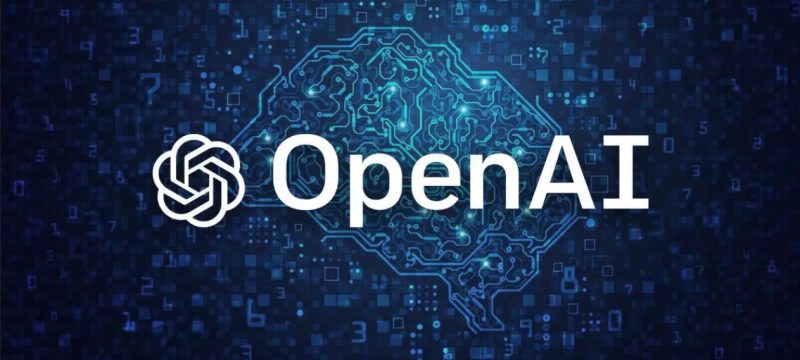OpenAI has announced a strategic collaboration with Broadcom Inc. to develop a specialized artificial intelligence chip aimed at improving the efficiency of AI model inference—the process of applying trained models to real-world data. This partnership represents a significant shift for OpenAI, which has predominantly relied on Nvidia’s GPUs for training and operational needs.
The collaboration also involves Taiwan Semiconductor Manufacturing Company (TSMC), the leading contract chip manufacturer recognized for its expertise in producing high-performance chips. While discussions are in the early stages, sources reveal that OpenAI has been exploring custom chip design for approximately a year.
Also Read: Hackers Misusing ChatGPT Easier to Detect: OpenAI Report
The initiative aims to create chips optimized for running AI models post-training, addressing the growing demand for efficient AI processing capabilities. As the AI landscape evolves, the need for substantial computing power to support complex applications has surged.
Traditionally, Nvidia has dominated the market, commanding over 80% of the share in AI training chips. However, OpenAI’s partnership with Broadcom is part of a broader industry movement to diversify chip supply chains amid increasing demand for AI technologies.
In a shift from its earlier ambitions, OpenAI is scaling back plans to build its own chip manufacturing facilities due to the extensive time and capital required. Instead, the company is focusing on collaborations with established partners to accelerate custom chip production, a strategy echoed by tech giants like Amazon, Meta, and Microsoft, who are also seeking alternative chip suppliers to reduce reliance on Nvidia.
The announcement positively impacted Broadcom’s stock, which rose by 4.2%. Known for its application-specific integrated circuits (ASICs), Broadcom serves a diverse clientele, including major companies like Google and Meta, showcasing its capability in chip design and production.
Analysts forecast that the demand for inference chips—critical for deploying AI models—will soon surpass that for training chips as businesses increasingly integrate AI into their operations. OpenAI’s custom chip is expected to enter production by 2026, though this timeline may shift based on various factors.
Financial considerations are pivotal in this strategy, as OpenAI anticipates a $5 billion loss this year despite generating about $3.7 billion in revenue. The high costs associated with AI infrastructure, including hardware, cloud services, and electricity, pose substantial operational challenges. To mitigate these issues, OpenAI is exploring partnerships and investments to enhance its data center capabilities, essential for supporting the anticipated growth in AI applications.
Additionally, OpenAI is diversifying its chip sourcing strategy by incorporating AMD chips alongside Nvidia’s offerings. AMD’s recent launch of the MI300X chip aims to capture a share of the booming AI chip market, projected to be worth billions.
As OpenAI progresses in its partnership with Broadcom, the implications for the broader AI sector could be significant, potentially transforming how companies approach AI deployment and the infrastructure necessary to support it. This collaboration underscores the vital role of specialized hardware in the rapidly evolving field of artificial intelligence, positioning OpenAI to better meet the increasing demands of its services.









